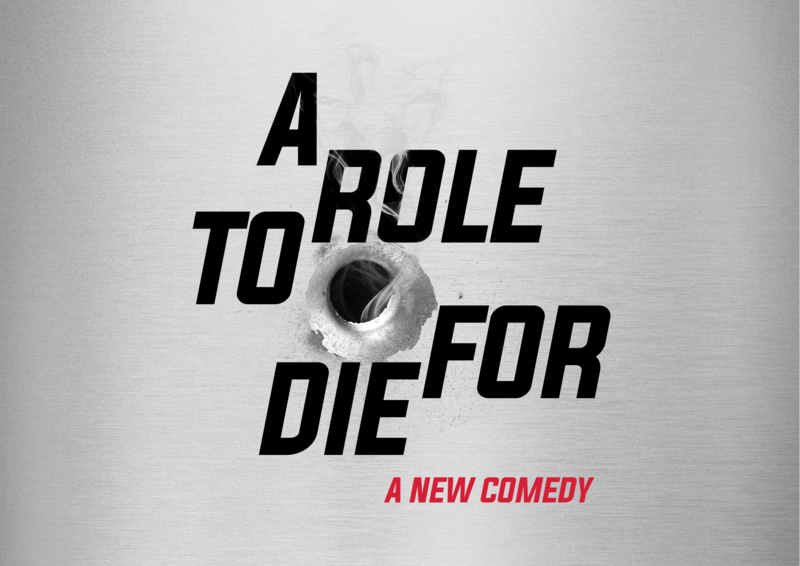With Co-Artistic Directors Anthony Biggs and Peter Tate at the helm, The Playground Theatre has garnered a reputation for risk-taking art, pushing the boundaries and encouraging ‘play’ – an ethos reflected in the venue’s name. This theatre will certainly be an exciting one to watch.
Pablo Picasso is one of the most significant artists of the twentieth century – and he was sickeningly aware of it, proclaiming himself to have ‘the Midas touch’. This play aims to reveal the man and monster behind Midas by presenting some of the key women who inspired him. In this case, the venue is more inspiring than the play. but there is still an awful lot to celebrate here.
D’Alfonso’s writing, skilfully directed by Michael Hunt, harnesses imagery and influences from Picasso’s life and work; particularly the matador, the mythical minotaur and the sun. The matador – an image of Spanish machismo; the minotaur one of myth, power and monstrosity and the sun, depicting warmth, illumination and destruction: the Icarian parallels with his women are too strong to be ignored. These images are enhanced throughout by Maria Koripas’ stunning movement elements – a real highlight of the piece.
The sun leitmotif is also reflected in the strikingly simple set (Klara Zieglerova): a large circle of sand dominates the floor. Wooden furniture is pre-set, and a screen in the background displays images and footage of Picasso, his art and his muses at key moments. This is an interesting element, but doesn’t add much to the production. The overall set however, combined with Davy Cunningham’s atmospheric lighting design, creates a beautiful setting.
D’Alfonso, an American playwright and director who died last year was known for her feminist values. There is an evident conflict here between her intrigue and awe of Picasso’s artistic prowess and her horror at his treatment of the women he supposedly loved. The production heavily focuses on the more monstrous elements of his character - we therefore struggle to empathise with him, even when played with intelligence and dynamism by Peter Tate. His more playful side, as well as his infamous animal magnetism, are considered, but not developed enough for us to understand his hold over the innumerable women in his life.
The three actresses on stage – all at the beginning of their careers – make the most of these women, whom themselves are distinct and defined. At times the three are a little two-dimensional and unnecessarily subservient - Geneviève Laporte (Adele Oni) is bold and inquisitive; Jacqueline Roque (Alejandra Costa) is sensual and wise beyond her years. But it is Claire Bowman as Marie-Thérèse Walter who shines in a beautifully nuanced performance. She embodies both naïveté and playfulness, as well as the frustration of a woman who has dedicated her life to a man, one whom flits between treating her like a goddess and a doormat.
Although this is a clever concept, the subject is too great to be condensed into seventy minutes and it seems d’Alfonso became a little lost in the labyrinth. Is she pardoning Picasso’s vile actions because of his genius, or is she scrutinising and berating Picasso’s misogyny and abuse of power? Now more than ever her message needs to be clearer. This production will undoubtedly invite debate.

 Picasso, by the late Terry d’Alfonso, marks the launch of London’s newest venue, The Playground Theatre. Located in Latimer Road, West London, this building has evolved from bus depot to experimental workshop space to theatre.
Picasso, by the late Terry d’Alfonso, marks the launch of London’s newest venue, The Playground Theatre. Located in Latimer Road, West London, this building has evolved from bus depot to experimental workshop space to theatre.



 Regarded by many as one of the most iconic, and disturbing horror films ever made, The Exorcist was released in 1973. Banned by some cinemas the audience were desperate to see if this multi award winning film would live up to the word of mouth hype. Written originally as a book by William Peter Blatty and two years later as the film, this stage version which began at Birmingham Rep, has been adapted by John Pielmeier and remains as faithful to the book as the confines of a stage production will allow.
Regarded by many as one of the most iconic, and disturbing horror films ever made, The Exorcist was released in 1973. Banned by some cinemas the audience were desperate to see if this multi award winning film would live up to the word of mouth hype. Written originally as a book by William Peter Blatty and two years later as the film, this stage version which began at Birmingham Rep, has been adapted by John Pielmeier and remains as faithful to the book as the confines of a stage production will allow.